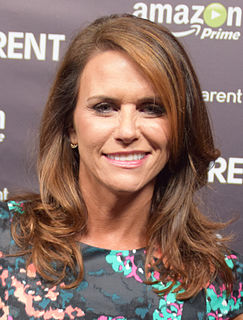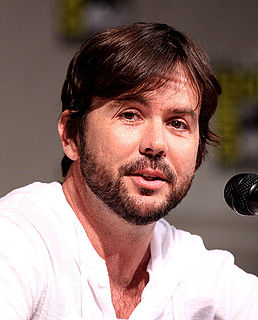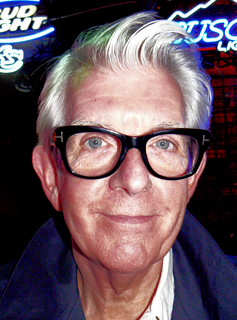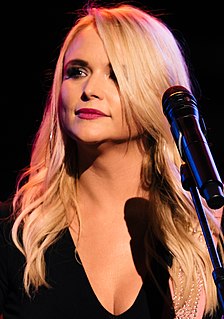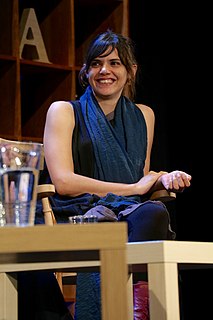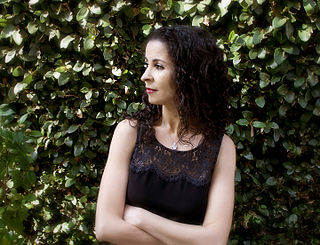A Quote by Martin Amis
I sometimes feel I'm a sort of cult writer, rather than a mainstream writer, in that those who like my stuff like it a lot, but the appeal is not that broad.
Related Quotes
Writer-directors are a little bit more liberal, rather than having just the writer on the set, because I think sometimes the writer becomes too precious with the words. If you're a writer-director, you can see what you're doing and see your work in action, so I think you can correct it right there and still not compromise yourself.
And as Craig Brown - he's an English humorist, not a comedian but he's just a writer and humorist - I'm quite a fan of. I heard him talking in a rather similar way on the radio. He said I'm the sort of person - I can't remember exactly what he said, but it was rather interesting - he said I'm the sort of person that can be reduced to tears in an empty church and feel like I'm the CEO of the Devil's organization in a full one, and I tend to feel like that as well. I love empty churches and going into them looking around, but I'm not a churchgoer at all.
I say "on principle" [regarding 'lesbian writer'] because whenever you get one of your minority labels applied, like "Irish Writer," "Canadian Writer," "Woman Writer," "Lesbian Writer" - any of those categories - you always slightly wince because you're afraid that people will think that means you're only going to write about Canada or Ireland, you know.
I just feel like it's easier to co-write sometimes, especially if you have chemistry with somebody. It kind of takes all the pressure off of you. But, you know, I started writing songs by myself. I didn't really have a co-writer, besides my dad. When I see a record and it has a song on it that someone wrote [alone], I just really believe in them as a writer. I feel like it's a window into them, more than it is if you write a song with someone else.
If you're a status quo writer, you're considered to not be political but that's as political as if you're a progressive writer. Some politics are asked to show their passports and others aren't. In the Dominican Republique, if you're slightly progressive, people have a lot of suspicions that you're up to some sort of conspiracy, that this is some sort of plot. On the other hand, if you're conservative and mainstream, people tend to take that as a given and don't notice the politics.


